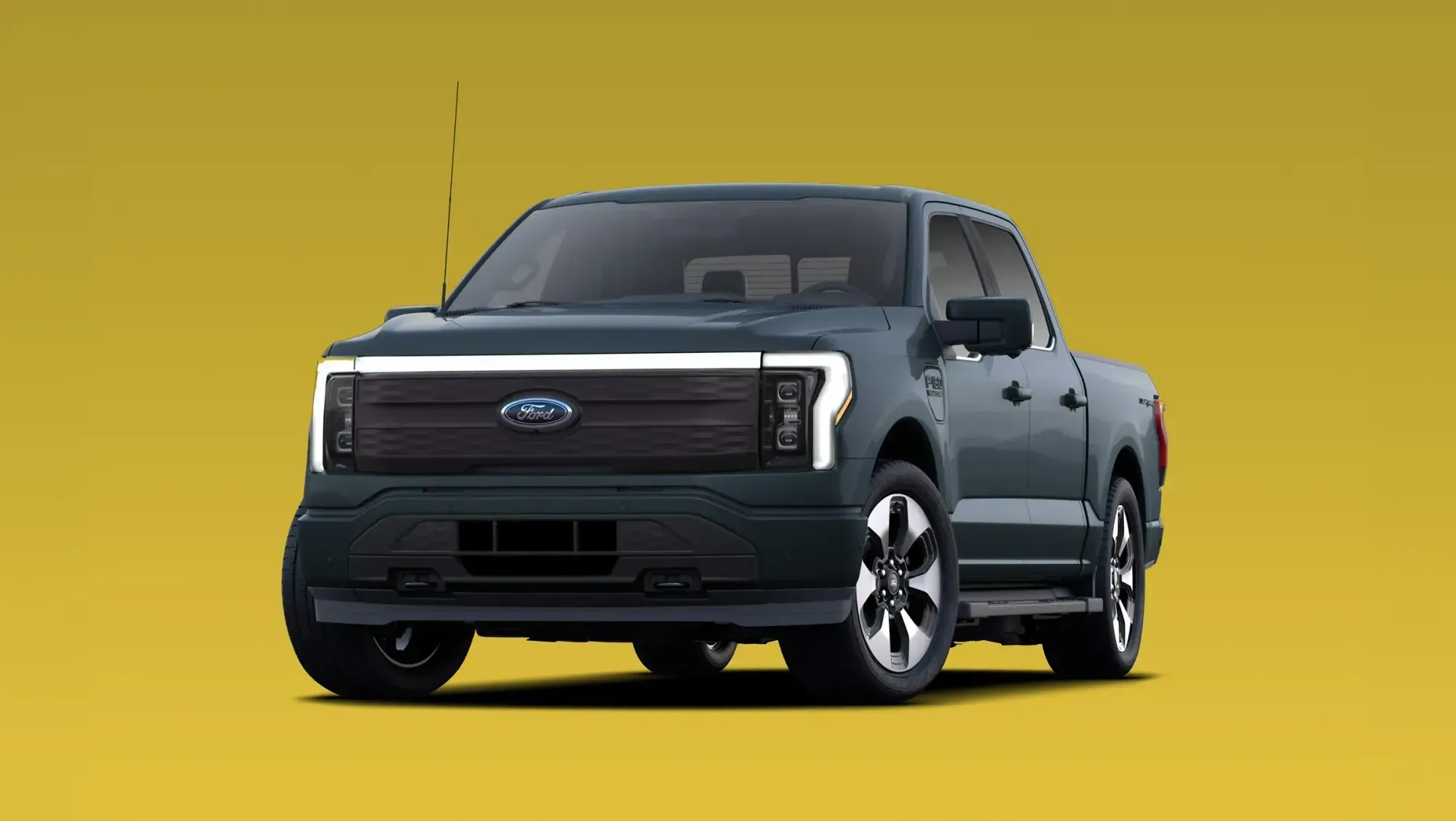The American Car Industry Can’t Go On Like This

Last year, Ford CEO Jim Farley commuted in a car that wasn’t made by his own company. In an effort to scope out the competition, Farley spent six months driving around in a Xiaomi SU7. The Chinese-made electric sedan is one of the world’s most impressive cars: It can accelerate faster than many Porsches, has a giant touch screen that lets you turn off the lights at your house, and comes with a built-in AI assistant—all for roughly $30,000 in China. “It’s fantastic,” Farley said about the Xiaomi SU7 on a podcast last fall. “I don’t want to give it up.”
Farley has openly feared what might happen to Ford if more Americans can get behind the wheel of the Xiaomi SU7. Ford was able to import a Xiaomi from Shanghai for testing purposes, but for now, regular Americans cannot buy the SU7 or another one of the many affordable and highly advanced EVs made in China. Stiff tariffs and restrictions on Chinese technology have kept them out of the U.S.
If things changed, Ford—along with all other automakers in the U.S.—would be in serious danger. Chinese EVs can be so cheap and high tech that they risk outcompeting all cars, not just electric ones. In the rest of the world, traditional automakers are already struggling as Chinese cars hit the market. In Europe, Chinese brands now have roughly as much share of the market as Mercedes-Benz. “We are in a global competition with China,” Farley said earlier this year. “And if we lose this, we do not have a future at Ford.”

